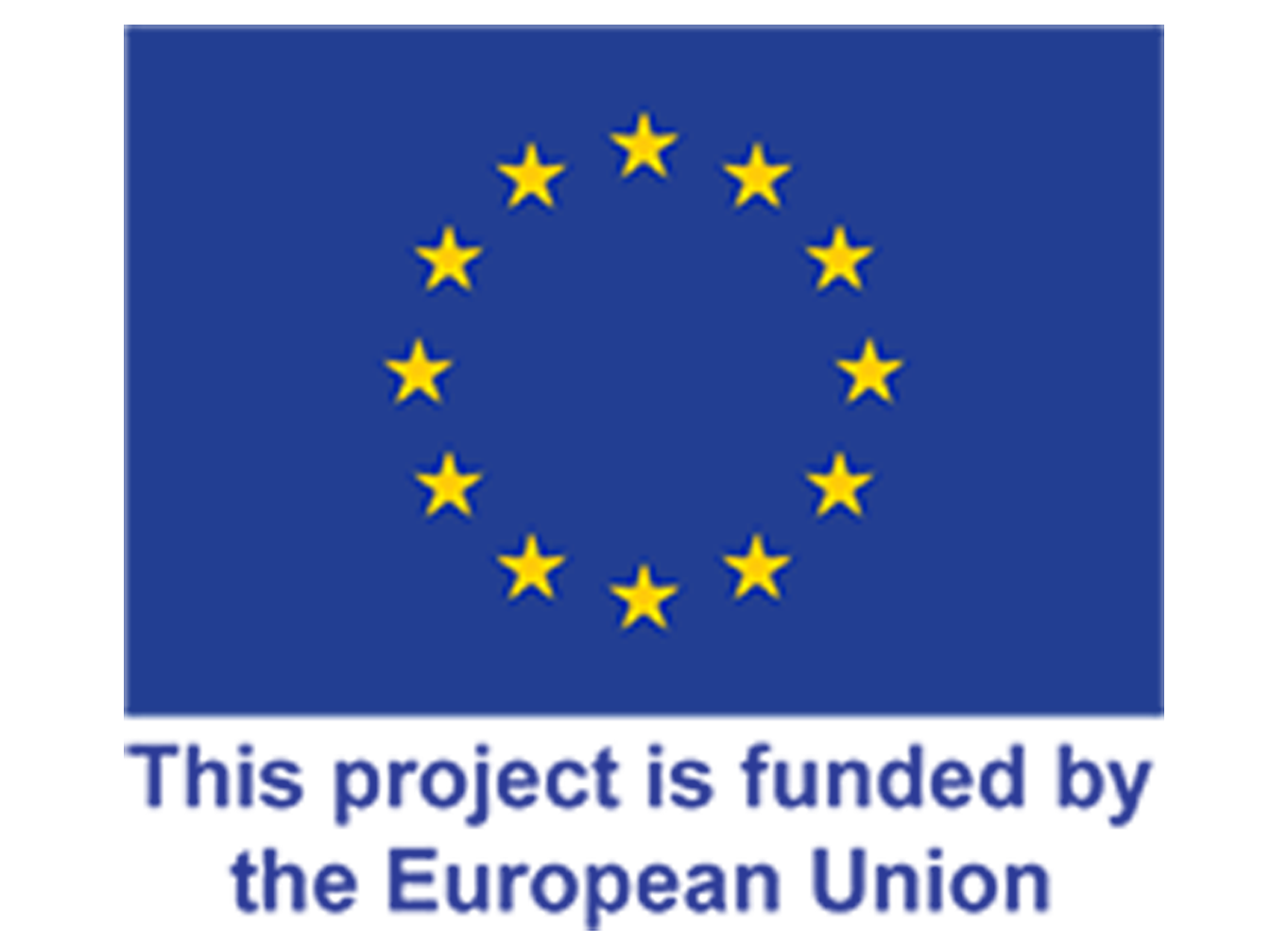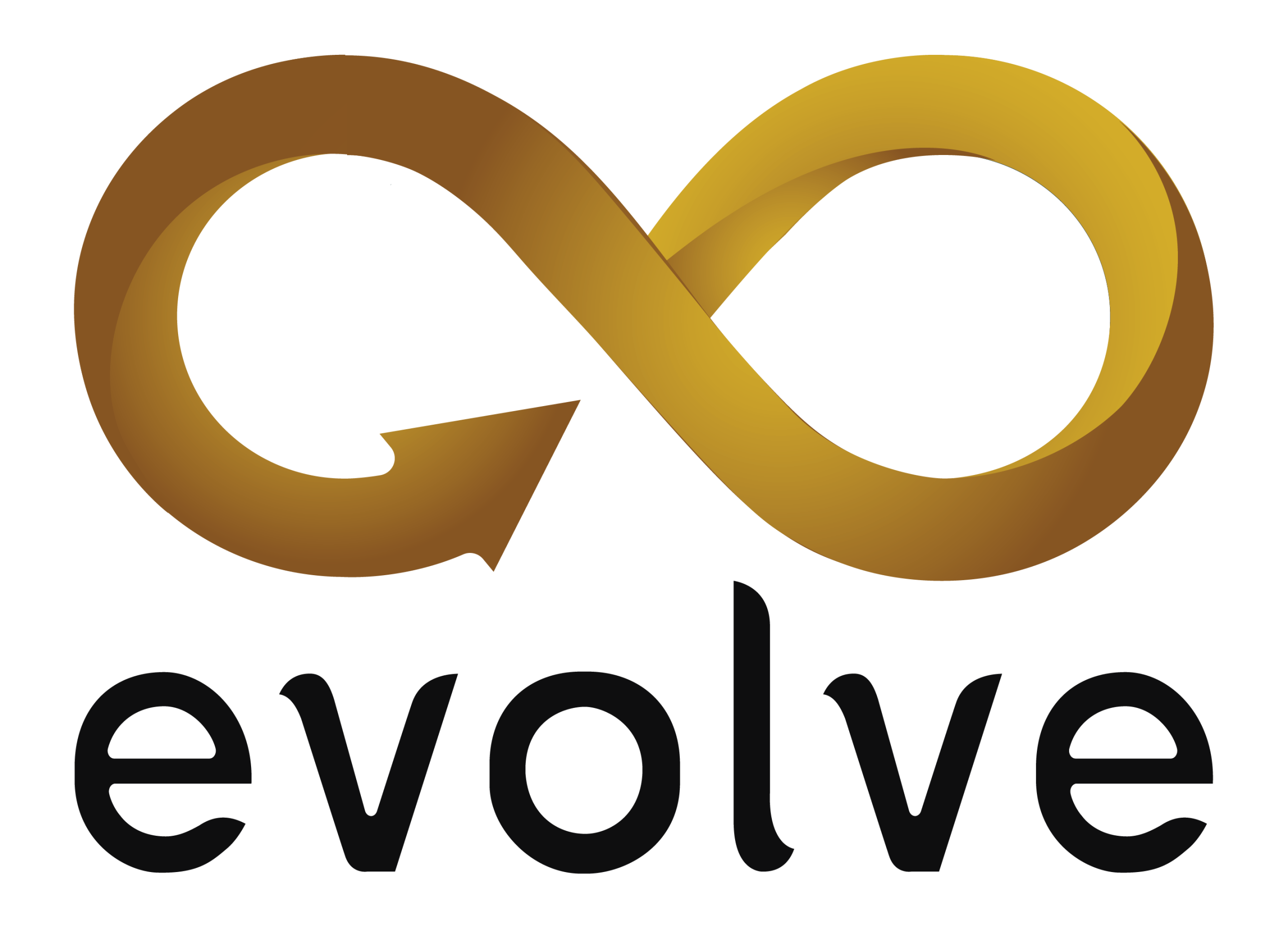INDIVIDUAL CONSULTANT
FOR
MONITORING & EVALUATION OFFICER
Coral Reef Rehabilitation and Management Program – Coral Triangle Initiative (COREMAP-CTI) Asian Development Bank
INTRODUCTION
Recognizing both the value of coral reefs and growing threats to their ecological health, the Government of Indonesia (GoI) embarked on a program to protect coral reefs and associated ecosystems in 1998. The resulting Coral Reef Rehabilitation and Management Project (COREMAP) was designed in three phases: (1) Initiation; (2) Acceleration, and (3) Institutionalization, financed by the International Bank for Reconstruction and Development (IBRD) and the Global Environment Facility (GEF).
During Phase 1 (1998-2004), COREMAP piloted new coral reef monitoring, management, and rehabilitation approaches and obtained baseline information that would inform the design of subsequent phases. Phase 2 (2004 – 2011) focused on implementation and acceleration, by creating the enabling environment for sustainable coral reef ecosystem management, including greater public awareness, enhanced capacity for governance and management, improved community-based coastal management, sustainable livelihood activities, and strengthened regulatory frameworks. Phase 3 (2014 onward), also known as COREMAP – Coral Triangle Initiative (COREMAP-CTI), aimed to institutionalize approaches established under the previous phases to ensure long-term sustainable impact.
COREMAP-CTI was initially structured as a project involving the Ministry of Marine Affairs and Fisheries (MMAF). However, in 2017 MMAF requested a partial cancelation and transfer of the role of executing agency to Bappenas. In response to this request, Bappenas and the Asian Development Bank restructured COREMAP – CTI to reflect the mandate and functions of Bappenas as a national development planning institution. This led to the suspension of GEF-financed activities, which focused on reef management. In 2018 an additional restructuring was started to (1) instate the Indonesian Climate Change Trust Fund (ICCTF) under Deputy for Maritime Affairs and Natural Resources of BAPPENAS as implementing agency and (2) restart GEF-financed reef-management activities.
OBJECTIVE OF THE PROJECT
The restructured project has the objective: sustainable management of coral reef ecosystems in Indonesia through enhanced capacity to manage coral reef ecosystems in Marine Protected Areas (MPAs) in Lesser Sunda Seascape. The restructured COREMAP-CTI will have four project outputs: (1) Coral Reef Management and Institutions Strengthened in Project Areas (2) Ecosystem-based Resource Management Plans Developed and Operational; (3) Sustainable Marine Based Livelihoods Improved; and (4) Project Management, Monitoring, and Knowledge Transfer. The outputs of the project has several sub-outputs. It contains:
- 1.1: MPA management plan implementation enhanced
Main actions will include establishing protocols and guidance on co-management agreements between and among governments in order of the implementation of Law 23/2014, developing and implementing endangered/threatened species action plan targeting characteristic species of each location (candidates: sea turtles, sharks, rays, and sunfish, later this activities is moved to output 2), Integrating ecotourism elements into MPA management plan and implementation, and establishing sustainable financing mechanism in coordination with existing and planned programs of other organizations.
- 1.2: Capacity development and targeted training on coastal and marine management
The objective of this output is to strengthen human resource capacity of key stakeholders from district, provincial, and as needed, central government professionals on marine and coastal management to improve management and institutions. This will be conducted through degree and non-degree programs. Efforts will be made to ensure gender balance.
- 2.1: Investments in community-based ecosystem restoration/rehabilitation and monitoring
The objective of this output is to restore the function of coastal ecosystems in selected rehabilitation zones of project MPAs through surveys, feasibility analysis, and research on methods of regenerative and restoration techniques and activities. This activity is strengthened by community surveillance as a precautionary measure, which will be supported through this output as well.
- 3.1: Sustainable fisheries and livelihoods promoted in project areas
The main objective of this output is to implement the sustainable commodities management for tuna, snapper and seaweed, to support livelihood opportunities for community-based enterprises in the project areas, as well as identify future investment opportunities for both government and external financing agencies. Snapper fishery in Indonesia documented concerns on the sustainable practice in a number of case studies. The project will work with small scale snapper fisheries to establish science-based evidence which would provide guidance and information on management options. In the case of tuna management fishery, the government has improved the registration of large fishing vessels in the country to help strengthen tuna fisheries management. In view of that, the project will focus on support efforts for areas where smaller vessels operate – closer to shore, and common tuna species fished. Seaweed farming is a proven way of improving the socioeconomic conditions of fisher communities, by increasing incomes and encouraging participation of communities, particularly women. The project will ensure that some key constraints are addressed /eliminated, including diseases and postharvest challenges.
- 4.1: Project Management, Monitoring and Knowledge Transfer
A project level monitoring and evaluation system will be established and operational; including monitoring of ecosystem health indicators. This will build on, and contribute to the current system that is in place. Steps will be taken to ensure that relevant data management systems strengthened / maintained and updated at provincial levels.
All activities under the whole outputs except outputs 1.2 and 4.1 will be implemented through sub-grants to NGOs or other eligible organizations. The Project Implementing Unit (PIU) manages all aspects of the project implementation. To support the implementation of COREMAP-CTI Project, the PIU needs the Individual Consultants on Project Monitoring and Evaluation (Monev) officer to assist the mobilization of this project.
Individual consultants would be selected in accordance with the provisions of ADB’s Procurement Guidelines or other mechanism agreed by ADB and ICCTF.
SCOPE OF WORKS
The Scope of Work (SoW) for Monev officer includes but not limited to:
- Be responsible for collecting, compiling, analyzing, reporting and tracking all activities and periodic project performance indicators of the COREMAP CTI project for compliance and analysis for management decision- making. It includes monitoring of the project gender action plan (GAP) and conducting the social and environmental safeguards screening and monitoring for all project activities.
- Lead and monitor survey/studies for obtaining monev data for the baseline, mid-term and project completion, including GEF monev requirement (tracking tools).
- Working with the PIU and its counterpart to collect, compile and report information on the status of the project and its objectives based on the project design and monitoring framework. In addition, the monev officer will develop and operationalize the project’s M&E system, at project level and coordinate closely with the M&E personnel of project implementation consultants to provide regular consolidated M&E reports.
- Based in the PIU, report to the Project Team Leader, and support the Project Team Leader in leading the project implementation with the team of PMU individual consultants and report to the Project Management Unit (PMU) in Directorate of Marine and Fisheries of Bappenas. S/he will provide oversight and coordination of the overall M&E system for the project, with support from the Project Manager and the relevant M&E personnel. A major function of the Monitoring and Evaluation System will be to aggregate the M&E results from proponents, evaluate, consolidate the information into a project report format, and submit the report to PMU.
- Provide Assistance with training of all project personnel involved in M&E activities, operationalizing the M&E system and regular quality control of M&E activities throughout implementation, in accordance with the Project Administration Memorandum (PAM).
- Ensure that project implementation and reporting capture the GAP and safeguards implementation, in consultation with ADB gender and social and environmental safeguards specialist. Responsible for GAP monitoring of the number of male and female beneficiaries, the nature of their participation and the ways in which they have benefited from the project. In addition, the M and E officer will provide project risk and mitigation plan and recommendation to the Project Team Leader.
- Support the Project Team Leader for the Annual Workplan development, review of the progress of project disbursement and contract award quarterly and annually, and review of the implementation consultant progress reports.
- Support the Project Team Leader in collaboration with PMU for the preparation of steering committee and technical steering committee meetings.
- Support the Project Team Leader in collaboration with PMU for the collaboration and work with MMAF and the provincial government on MPA management.
TIME SCHEDULE
The assignment is expected to be fulltime assignment for 22 months (March 2021 – December 2022) with annual performance review and contract renewal/extension (with at least three months’ notice) subject to a positive performance evaluation.
OUTPUTS
- Progress report (Quarterly, Annual, and Biannual)
- Mid-term report, including GEF tracking tools update
- Project completion report (Government and the GEF)
- Report of the M&E Implementation Workshop, summarizing actions plan;
- An operational M&E system and Ministry of Marine Affairs and Fisheries (MMAF) at national and Fisheries Agency at the provincial level, ICCTF staff and partner implementation (proponent) trained on its use;
- Consolidated and verified annual workplan from all implementation partners.
- Intermittent revisions to the M&E Manual, including the following sections: Data Collection and Reporting section of the Arrangements for Results Monitoring, etc.;
- Regular assessments of M&E Activities, reviewing the effectiveness of instruments used, gaps in data and information collection, staff and organizational skills/capacity needs, and recommendations for strengthening the system in the following year, including possible specialized studies and recommended training/capacity building opportunities.
- GEF monitoring tracking tools (baseline, mid-term and terminal evaluation)
QUALIFICATION REQUIREMENTS
The assignment requires a consultant with extensive experience in the design and administration of monitoring and evaluation instruments and systems, preferably in an advisory/consulting capacity. The successful candidate will be expected to have the following qualifications:
- Extensive experience in the design and administration of monitoring and evaluation instruments and systems, specifically participatory M&E and information systems.
- Bachelor degree (S1) in marine and fisheries science, statistics, environmental and social science or other relevant field with at least 5 years of experience in monitoring and evaluation or master degree (S2) in marine and fisheries science, statistics, social science or other relevant field with at least 2 years.
- Experience in providing management-level technical assistance and in building consensus among project staff in the implementation of agreed upon actions.
- Familiarity with the marine sector, and preferably some experience with M&E in the marine sector.
- At least 5 years professional work experience performing some of the functions described in this ToR.
- Strong interpersonal, group facilitation and interview skills.
- Ability to communicate effectively in English, orally and especially in writing.
- Previous experience in Asian Development Bank’s Project and understanding of specific data collection/analysis constraints will be an advantage.
REPORTING
Consultants shall report to the Project Team Leader of COREMAP-CTI ICCTF
Interested candidate should register in the ADB Consultant Management System (CMS) website (http://cms.adb.org), download terms of reference (TOR) from the ADB CMS Website. Please Submit your comprehensive resume (including trainings and list of references) and other supporting documents as requested through the CMS website. The deadline for submission is February 25, 2021 10:00 pm Indonesia Western Time as indicated in the CMS. Only the submitted candidates in the ADB CMS will be evaluated.
The post MONITORING & EVALUATION OFFICER appeared first on Devjobsindo ORG.




